
There is almost not a person in the world who has never heard of measles. Measles is a pretty common health condition and it can affect every person but children are more prone to it. Parents need to know that one of the best ways they can protect their children is by making sure that the child gets the vaccine on time.
Respiratory disease caused by a virus
Even though most people know what measles are, there are still some people who do not know that they are caused by a certain virus. Measles are a respiratory disease and the name of the disease is the same for the virus. There are some people who might know this health condition under the name of rubeola. The most common places where the virus that causes measles will grow are the cells found in the back of the throat and lungs. It is not that hard for people to notice that someone is suffering from measles because there are some very obvious signs. The most commonly seen symptoms of measles are fever, runny nose, cough and a rash that spreads all over the body. Parents should be aware of the fact that there are some cases when the child might experience certain complications when he or she is suffering from measles. The most common complication seen in children is an ear infection and experts say that 10% of all children end up suffering from it. Pneumonia is another common complication and every child out of 20 with measles will experience it. Encephalitis is a possible complication as well but only one child out of 1,000 gets it. It is important to know that measles can also cause death in some cases. According to the statistical data, up to two children out of 1,000 die from measles. People in the United States almost do not suffer from measles anymore and the cases of it are extremely rare. However, in other parts of the world, measles take almost 200,000 lives every year. Pregnant women need to be careful with measles as they can be the cause of miscarriage in some cases. The virus that causes measles is easily transmitted and a person who is not immune is highly likely to get it if he or she is exposed to it. Measles are commonly transmitted through the air by breathing, coughing and sneezing.
Regular vaccination is way of prevention
Measles are pretty uncommon nowadays in the United States. The situation was quite different a few decades back and there was almost not a child who did not suffer from measles. However, the situation is quite different today thanks to the vaccines. According to the data, measles decreased by 99% nowadays and there are only a few children who end up suffering from them. The vaccine was licensed in the year of 1963 and from that time the cases of measles were fewer every year. However, there is still need of regular vaccination among the people in the United States. The main reason why that is so, is because a lot of countries all over the world still have problems with this condition and people can bring the virus into the United States when they travel there. Another problem with measles virus is that it is highly contagious and easily transmitted. According to the experts, the best way of protection against measles are certain vaccines called the MMR or MMRV vaccines. The MMR vaccine will protect a person not just from measles, but from mumps and rubella as well. This vaccine is given to children when they are up to 15 months old and again when the child turns 4 or 6 years of age. Apart from that vaccine, the doctor may recommend the parents to give their child the MMRV vaccine because this vaccine protects from chickenpox as well. If a parent has any doubts, the healthcare provider will answer any of the questions. People need to consider getting the vaccine when they go on travel outside of the United Sates.
Who needs the vaccine?
According to the doctors, every child should get two doses of MMR vaccine. The first one should be given when the child is not older than 15 months of age and the second one should be given when the child turns 4 years of age. Parents should know that these are only the recommended ages at which a child should be vaccinated. The second vaccine can be given to a child at any time in his or her life. When adults are considered, a person does not need a vaccine if he or she had a blood test which proved that he or she is immune to measles, mumps and rubella. The vaccine is not given to people who were born before the year of 1957, already had two doses of MMR vaccine or had one dose but are not at high risk of being exposed to measles. On the other hand, a person should be vaccinated if he or she is a student, works in a hospital, travels a lot out of country or is a woman of childbearing age.


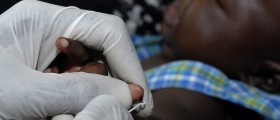
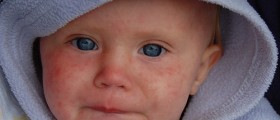
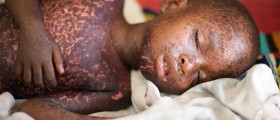

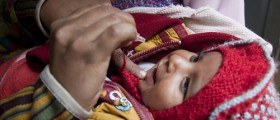
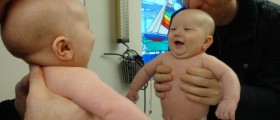

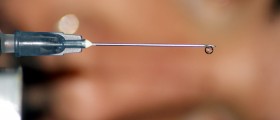

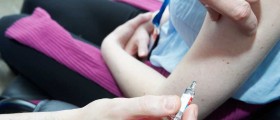

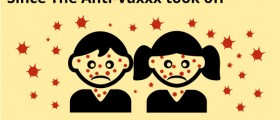


Your thoughts on this
Loading...